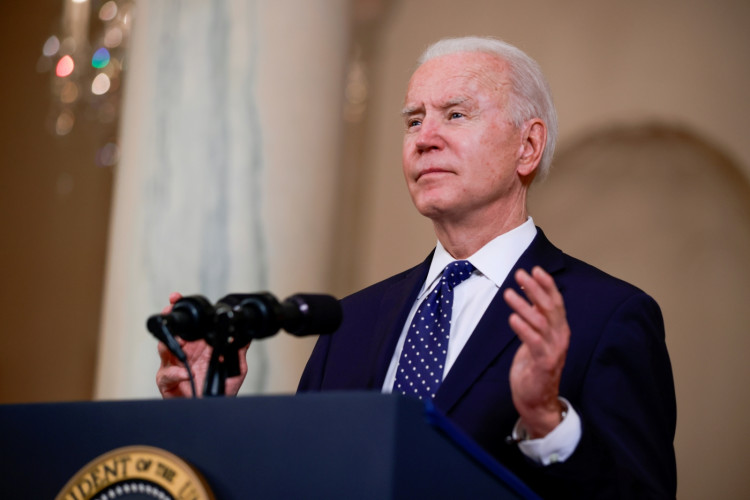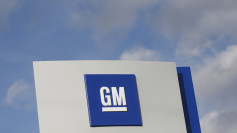In a move aimed at protecting U.S. automakers from cheap Chinese electric vehicles (EVs), U.S. President Joe Biden recently announced a quadrupling of tariffs on Chinese-made EVs from 25% to 100%. While the administration claims the measure is designed to keep China from undercutting American companies, some Democrats argue that the tariffs fall short of addressing the potential national security threats posed by internet-connected vehicles from China.
Senator Sherrod Brown of Ohio, a major manufacturing hub for U.S. automakers, has been vocal in his call for an outright ban on Chinese EVs. "Chinese-made connected vehicles and technology have the power to transmit Americans' personal data and information to the Chinese Communist Party - a clear national security threat," Brown told CBS News. He believes that EV technology could allow China to collect sensitive information about traffic patterns, critical infrastructure, and drivers' lives.
Representative Elissa Slotkin, a Democrat from Michigan and former intelligence official, echoed these concerns. She warned that thousands of Chinese-made, connected vehicles entering the U.S. could provide China with high-fidelity data on military bases, key infrastructure facilities, and individual leaders. Slotkin emphasized the lack of a national security-type lens to vet imported Chinese cars and has raised the issue with Defense Secretary Lloyd Austin.
The tariff hike stems from U.S. Trade Representative Katherine Tai's review of Trump-era tariffs on China under Section 301. While the administration maintains that the tariffs are narrowly focused on protecting workers and industries within U.S. strategic sectors, some experts argue that they do not necessarily address privacy and spying concerns.
Steve Weymouth, an associate professor at Georgetown University's McDonough School of Business, noted that internet-connected vehicles collect extensive data on drivers, including personal and biometric information. He emphasized that policies in China require companies to share data with the government, unlike the U.S., which has safeguards in place.
Despite the tariff increase, Chinese EV makers Li Auto and NIO appear unfazed, as they focus their efforts on the sizeable indigenous market and other regions like Europe and the Middle East. Neither company currently has a significant presence in the U.S. market, and the immediate impact on their sales is expected to be minimal.
Li Auto plans to enter overseas markets this year, initially targeting the Middle East and North Africa, while NIO had previously considered entering the North American market in 2025 but later backtracked on those plans. Analysts remain bullish on Li Auto, citing its attractive valuation and expected earnings growth, while opinions on NIO are more mixed due to its lack of profitability and uncertainty surrounding its battery-swapping technology.





